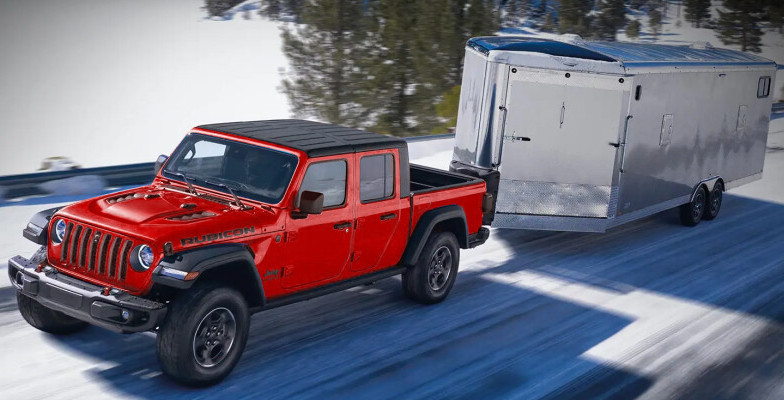
Towing isn't just about hooking up a trailer and hitting the road; it's a science that demands attention to detail, an understanding of your vehicle's capabilities, and the right equipment. From compact cars to robust trucks and versatile SUVs, each vehicle presents its own set of towing challenges and limitations. Whether you're hauling a boat for a weekend getaway, moving home, or expanding your cargo space, selecting the right trailer hitch is crucial. This guide aims to demystify the complexities of towing, offering practical advice, installation tips, and a comprehensive look into the world of trailer hitches. Let's hook up to the essentials of towing, ensuring safety, and efficiency.
Hitch 101: Sizes, Classes, and Types
The backbone of any towing setup is the trailer hitch. Hitches come in various sizes, classes, and types, each designed for different towing capacities and vehicle types. Understanding the nuances can help you select the perfect hitch for your needs.
Hitch Classes and Sizes Explained
Trailer hitches are categorized into classes, ranging from I to V, based on their towing capacity and receiver size. Here's a quick breakdown:
- Class I and II: Ideal for compact cars and small SUVs, these hitches can handle up to 3,500 lbs, perfect for small trailers or bike racks.
- Class III: A versatile option for larger cars, SUVs, and light trucks, supporting up to 8,000 lbs.
- Class IV and V: Designed for heavy-duty towing needs, these hitches are suited for large trucks and SUVs, capable of towing up to 18,000 lbs.
Here's a quick table for reference:
| Hitch Class | Receiver Size | Gross Trailer Weight |
|---|---|---|
| I | 1.25" | Up to 2,000 lbs |
| II | 1.25" | Up to 3,500 lbs |
| III | 2" | Up to 8,000 lbs |
| IV | 2" | Up to 10,000 lbs |
| V | 2.5" | Up to 18,000 lbs |
Ball Mounts: Ensuring the Right Fit
The ball mount connects the hitch to the trailer, allowing for a smooth towing experience. It's vital to match the ball mount's size and weight capacity with your hitch receiver to ensure compatibility and safety.
Trailer Hitch Uses: Beyond Towing
Hitch receivers are incredibly versatile, offering more than just a way to tow. They can expand your vehicle's cargo space through hitch-mounted cargo carriers or be used as recovery points during off-road adventures.
Trailer Hitch Installation Guide
Installing a trailer hitch might seem daunting, but with the right tools and a bit of know-how, it's a manageable task. Here's a simplified overview:
- Select the Right Hitch: Based on your vehicle's make, model, and towing needs.
- Gather Tools and Materials: Typically, you'll need a wrench set, a torque wrench, and possibly a drill.
- Attach the Hitch: Follow the manufacturer's instructions closely, securing the hitch to your vehicle's frame.
- Wiring: Ensure your trailer lights sync with your vehicle for safety. This might require additional wiring kits or professional help.
Enhancing Towing Safety and Efficiency
- Check Compatibility: Always ensure your vehicle's towing capacity matches or exceeds your trailer's weight.
- Regular Maintenance: Inspect your hitch, ball mount, and wiring regularly for wear and tear.
- Safety Checks: Before hitting the road, double-check all connections, lights, and brake systems.
Comparing Hitch Types Across Vehicles
Understanding that not all hitches are created equal is key. A compact car will have vastly different needs and capabilities compared to a heavy-duty truck. Tailor your hitch selection to your specific vehicle, considering its towing capacity and what you intend to tow.
Towing with the right hitch isn't just about making do; it's about maximizing your vehicle's potential safely and efficiently. Consider the full range of uses for your hitch beyond just towing. From expanding cargo space to aiding in vehicle recovery, the right hitch receiver and accessories can significantly enhance your vehicle's utility. Dive into the world of towing solutions, and select the best hitch receiver and accessories for your vehicle's needs today. Remember, the right hitch can make all the difference between a smooth journey and a towing tale you'd rather forget. Happy towing!

